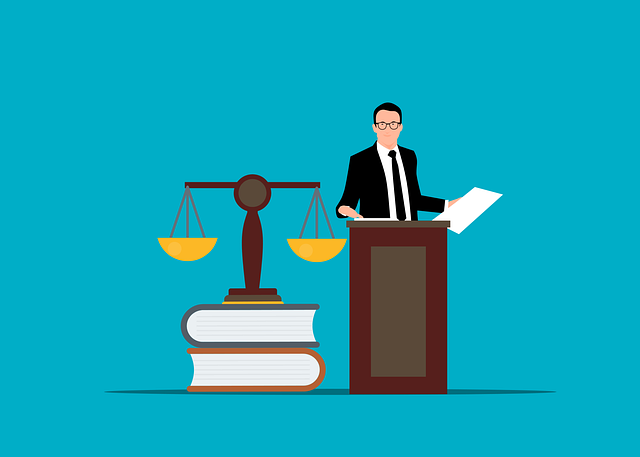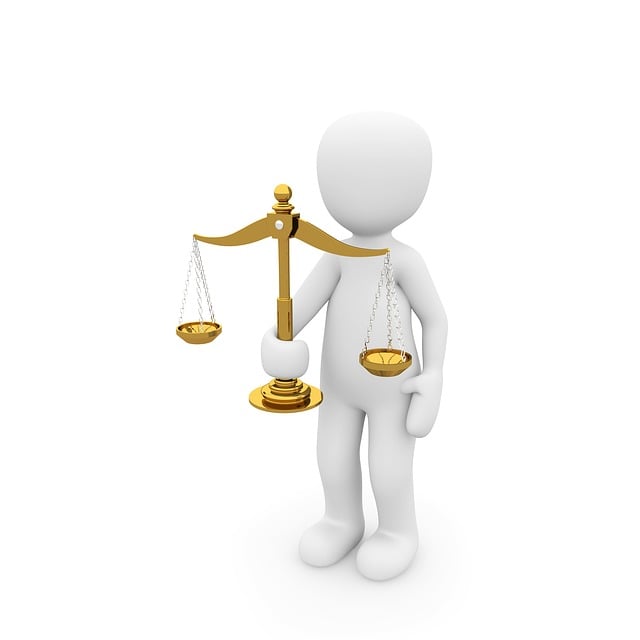Consumer Protection Suits are vital in enforcing environmental regulations, holding businesses accountable for compliance and preventing ecological damage. In a stringent regulatory landscape, these lawsuits encourage adherence to waste management, emissions, and resource utilization standards, with successful cases deterring non-compliance. Businesses, especially high-impact operations, should prioritize proactive measures like audits and sustainability practices, while consulting experienced environmental law experts to mitigate risks and support sustainable growth. Effective navigation of legal challenges involves clear communication, specialized teams, thorough discovery, and robust strategic planning for a favorable outcome.
Consumer protection suits are a critical aspect of ensuring fair practices in the marketplace. This article delves into the intricate world of legal protections, focusing on understanding consumer protection lawsuits from a legal perspective. We explore emerging environmental compliance challenges facing businesses and the legal strategies they employ to mitigate risks and defend against such suits. By examining these aspects, we aim to provide insights into navigating the complex landscape of consumer rights and business responsibilities.
- Understanding Consumer Protection Suits: A Legal Perspective
- Environmental Compliance: The Rising Challenge for Businesses
- Navigating Legal Strategies to Mitigate Risks and Defend Against Suits
Understanding Consumer Protection Suits: A Legal Perspective

Consumer Protection Suits are a critical aspect of ensuring fair practices in business transactions, especially when it comes to environmental compliance legal challenges. From an environmental perspective, these suits serve as a safeguard against potential harm caused by businesses that disregard ecological regulations. The legal framework surrounding consumer protection aims to empower individuals and hold companies accountable for their actions throughout the entire investigative and enforcement process.
This system facilitates a thorough examination of all stages, from initial complaints and investigations to negotiations and, ultimately, resolutions or trials. An unprecedented track record of successful cases showcases the effectiveness of these suits in encouraging businesses to adhere to environmental standards. By addressing legal challenges head-on, consumer protection lawsuits foster a culture of responsibility, ensuring the complete dismissal of all charges against companies that can demonstrate sincere compliance efforts.
Environmental Compliance: The Rising Challenge for Businesses

In today’s world, environmental compliance is no longer a nice-to-have but a necessity for businesses facing growing legal challenges. As regulatory frameworks tighten to combat climate change and protect ecosystems, companies must navigate complex rules regarding waste management, emissions, and resource utilization. Failure to adhere to these standards can result in significant fines, lawsuits, and damage to corporate reputation. Environmental Compliance Legal Challenges for Businesses involves all stages of the investigative and enforcement process, demanding meticulous attention to detail and robust legal defenses.
For businesses, especially those in industries with high environmental footprints, the key lies in proactive compliance measures. This includes regular audits, implementation of best practices, and fostering a culture of sustainability within the organization. While some corporate giants have successfully navigated these challenges by securing winning challenging defense verdicts, smaller entities may face more hurdles. Engaging legal counsel experienced in environmental law can help corporate and individual clients alike ensure they remain compliant, mitigate risks, and foster sustainable growth.
Navigating Legal Strategies to Mitigate Risks and Defend Against Suits

Navigating Legal strategies is paramount for businesses to mitigate risks and defend against consumer protection suits, especially in light of ever-evolving environmental compliance legal challenges. A robust defense begins with a comprehensive understanding of applicable laws and regulations. Businesses should implement strict adherence to environmental standards and maintain meticulous records to demonstrate due diligence. Proactive measures, such as regular audits and employee training, can significantly reduce the risk of non-compliance, which is often a primary basis for consumer lawsuits.
A winning challenging defense verdict often hinges on clear communication and documentation. When faced with charges, respective businesses should swiftly assemble a competent legal team specializing in environmental law. This team will craft a robust strategy, examining every detail of the case to identify weaknesses. Through meticulous discovery processes, they uncover evidence that refutes allegations and demonstrate the business’s commitment to environmental protection. Ultimately, a complete dismissal of all charges is the ultimate goal, achieved through a strategic defense built on sound legal principles and compelling evidence.
Consumer protection suits are a critical aspect of ensuring fair business practices, particularly as environmental compliance becomes an increasingly complex legal challenge for companies. By understanding the nuances of these suits and implementing robust risk mitigation strategies, businesses can better navigate the legal landscape. This article has explored key areas, including the legal perspectives behind consumer protection, the rising environmental compliance issues, and effective legal strategies to defend against potential suits. Businesses should remain proactive in adopting sustainable practices to avoid legal pitfalls and foster a culture of ethical consumer interactions.






